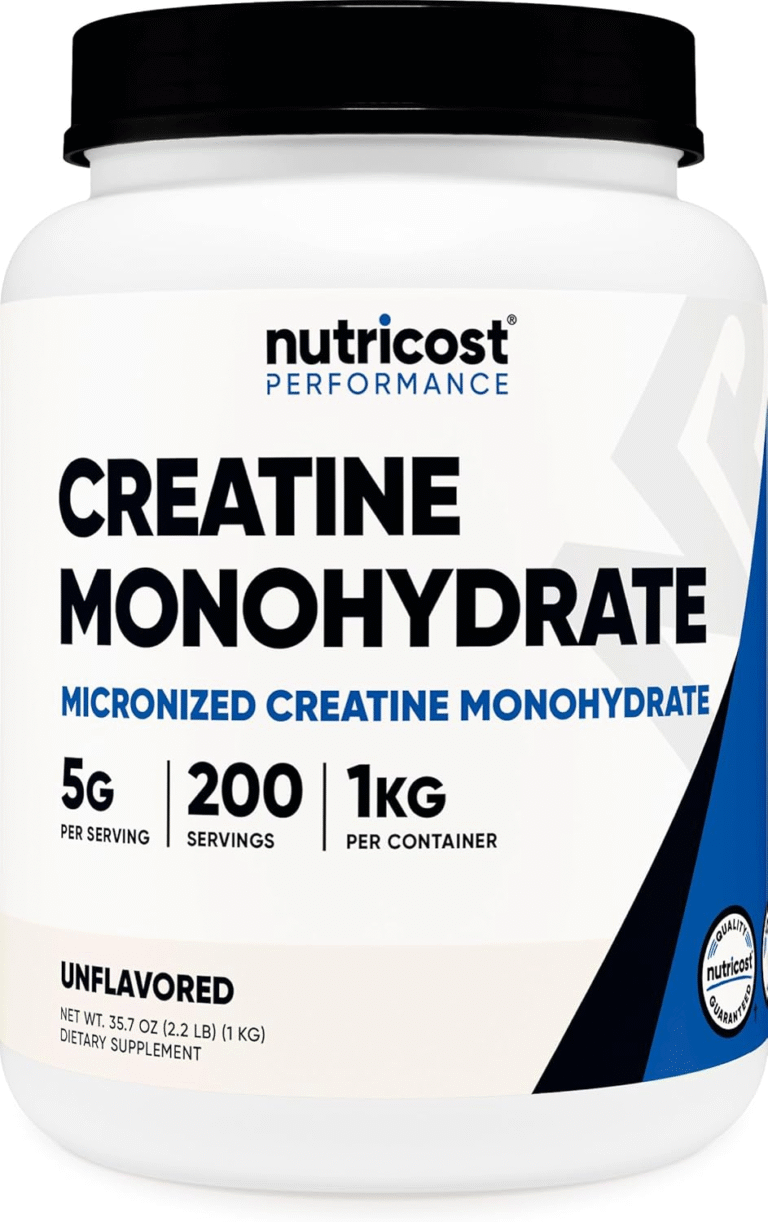Thanks to Bing Search Engine That Saved Small Websites
In the vast and competitive landscape of the internet, small websites often struggle to gain visibility. Dominated by massive corporations, aggressive SEO tactics, and ever-changing algorithms, the web hasn’t always been a level playing field. Yet, amidst this imbalance, one search engine has quietly played the role of a savior for small websites: Bing.
A Quiet Rescuer in the Search Engine Race
While Google continues to dominate the global search engine market, Bing, Microsoft’s search engine, has carved out a unique space—one where smaller websites are more likely to thrive. Though it may not have the same market share, Bing offers something increasingly rare: a chance for smaller voices to be heard.
For independent bloggers, niche content creators, and local businesses, Bing can be the gateway to an audience that would otherwise be unreachable through more competitive platforms.
Why Bing Supports Small Websites
1. Less Competition, More Visibility
Unlike Google, which is saturated with highly optimized content from large corporations, Bing provides more breathing room. Smaller websites face less competition, making it easier to appear on the first page of results for relevant queries. This increased visibility translates directly into more clicks, engagement, and opportunities.
2. Different Ranking Algorithms
Bing’s search algorithm places more emphasis on factors like page authority, social signals, and on-page content quality, rather than just backlinks. This is especially helpful for smaller websites that may not have the resources for large-scale SEO campaigns but produce high-quality, original content.
3. Integration with Microsoft Ecosystem
Bing benefits from deep integration with products like Windows, Microsoft Edge, Cortana, and Office. This default presence means that millions of users—especially in enterprise and education—are naturally funneled through Bing, giving small websites a steady stream of organic traffic they might not get elsewhere.
4. Partnerships with Alternative Search Engines
Bing powers search engines like DuckDuckGo, Yahoo Search, and Ecosia. When a site ranks well on Bing, it often gains visibility on these platforms too. This multiplies the potential exposure for small websites without requiring additional effort.
Real-World Impact
Many independent creators have noticed their traffic significantly boosted thanks to Bing. For example, hobbyist blogs, local news outlets, independent e-commerce stores, and community forums often report that Bing accounts for a surprisingly large portion of their organic traffic—sometimes even more than Google.
In a time where many feel locked out of the internet’s mainstream economy, Bing has quietly provided a bridge.
Tips for Small Websites to Succeed on Bing
Submit your site to Bing Webmaster Tools – it’s free and provides great analytics and indexing control. Focus on high-quality content that answers real questions and provides value. Use proper metadata and structured data to help Bing understand your content. Leverage social media sharing, as Bing considers social signals more than Google. Ensure your site is fast and mobile-friendly, both of which Bing rewards.
Conclusion
The internet doesn’t have to belong only to the giants. Thanks to Bing, small websites still have a fighting chance. It may not always get the attention it deserves, but for countless independent creators, bloggers, and entrepreneurs, Bing is not just another search engine—it’s a lifeline.





